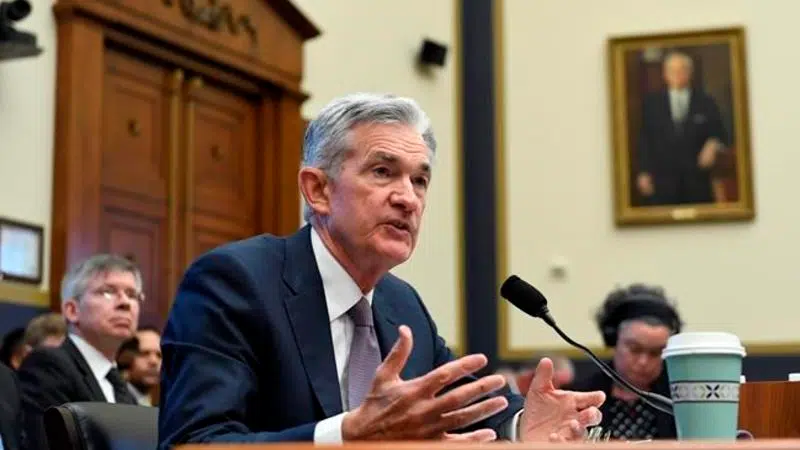
Federal Reserve minutes show broad worries about economy
WASHINGTON — Most Federal Reserve officials expressed concern at a meeting last month that the outlook for the U.S. economy was weakening, and many said the Fed should soon cut rates if uncertainty continued to weigh on growth.
Some businesses, particularly in manufacturing, have pulled back on spending and hiring because of greater uncertainty about U.S. trade disputes, Fed officials said, according to minutes of the June 18-19 meeting released Wednesday. Slower global growth is also dragging on exports, they noted.
For many Fed policymakers, reducing short-term interest rates “would be warranted in the near term should these recent developments prove to be sustained,” the minutes say.
Fed Chairman Jerome Powell told lawmakers in testimony Wednesday that the economic outlook hasn’t improved since June’s meeting.


